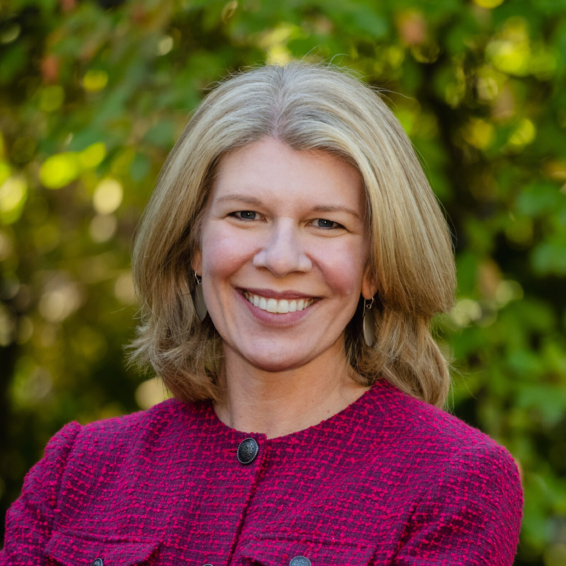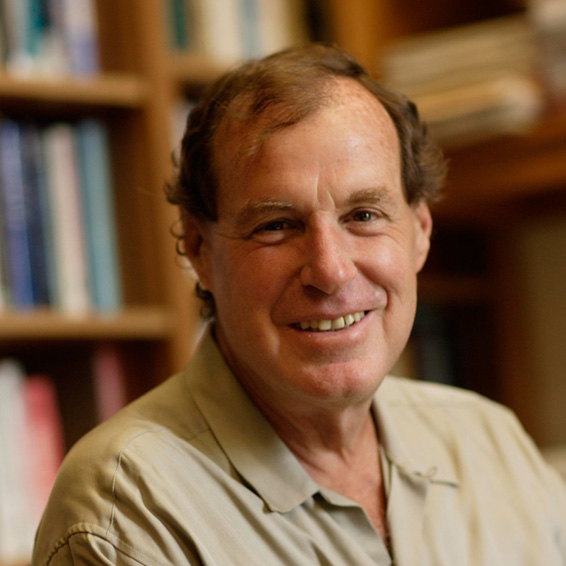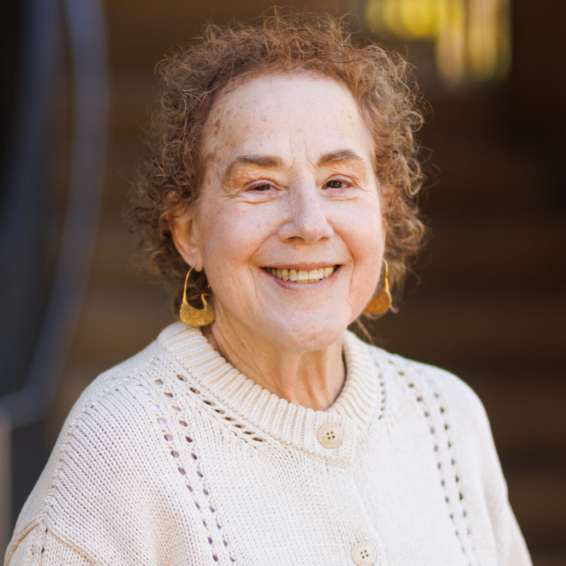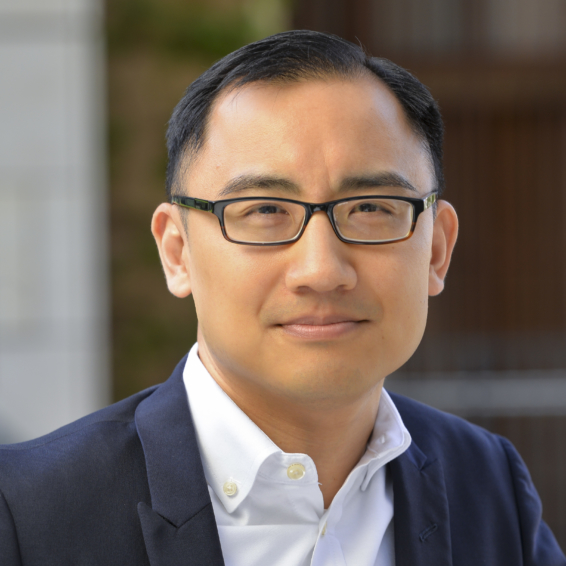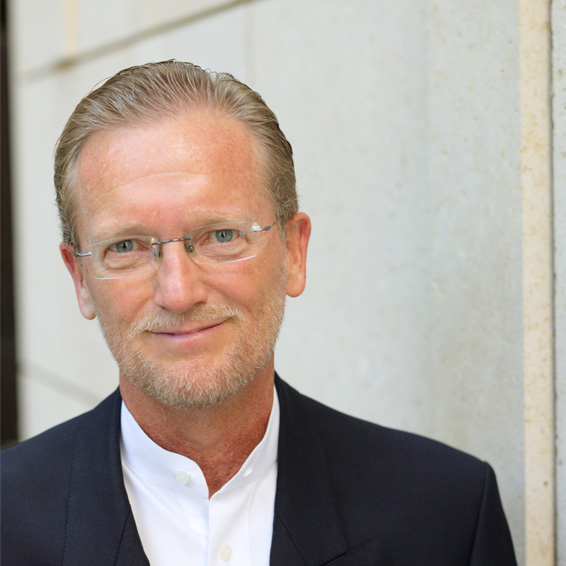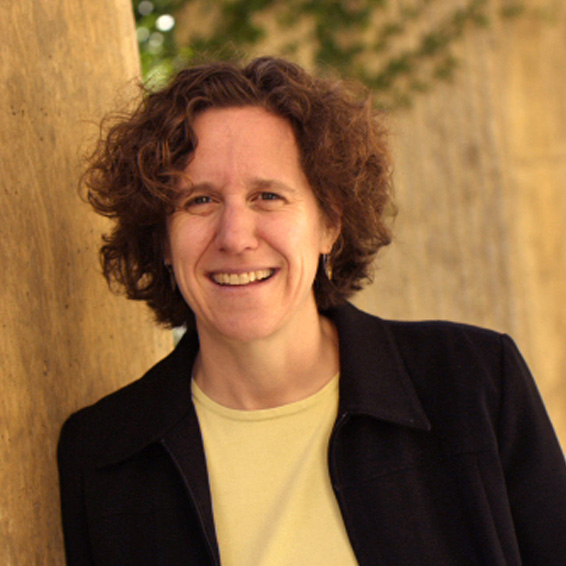Law and Political Science
JD/PhD
Whether one examines a president’s power over government agencies, legislative responses to judicial decisions, or the impact of international agreements, law and politics are often so interdependent that it is difficult to define one without reference to the other. Lawyers work within institutions that are shaped by the politics of agencies, courts, legislatures, the electorate, and the international system. Legal institutions, in turn, have reciprocal effects on the distribution, use, and limits of political power.
Accordingly, research at the intersection of law and political science investigates some of the most interesting and fundamental questions in both fields. These include (among others): How do law enforcement agencies police themselves to avoid corruption, when their own personnel often have such strong incentives to resist oversight? Why and when do federal agencies or international organizations sometimes issue regulations contrary to the interests of those who created them? Who has power within legislative assemblies, and how is that power shaped by developments outside the legislature? What explains differences in the institutions of representative government across jurisdictions? How (much) does money influence politics under different systems of campaign finance regulation? What explains the votes of regulatory commissioners on telecommunications policy? What forces make it easier (or harder) for a country to comply with international law? How should legal responsibilities be allocated across organizations? How do laws and law-like systems of social norms affect public attitudes or corporate behavior? And how do independent regulatory institutions emerge in developing countries?
In preparing students to tackle such questions, Stanford’s JD/PhD program in political science combines a first-rate legal education with training from one of the strongest political science departments in the world. Stanford’s rich heritage in areas pertaining to law, politics, and policy is also reflected in institutions bridging disciplines within Stanford and connecting the university to the policy world.
These resources help Stanford provide an unparalleled experience for the next generation of cutting-edge scholars in law and political science. The program also prepares graduates to become leaders in other settings where it is valuable to understand the political context, consequences, and origins of laws and legal institutions. In recent years, students from Stanford’s JD/PhD program in political science have joined the faculties at Columbia, MIT, Cornell, Northwestern, the University of Southern California, the University of San Diego, and elsewhere. Others have pursued careers in government, research institutes, or private law practice.
Course Requirements
As many as 54 quarter units of approved courses may be counted toward both degrees. No more than 31 quarter units of courses that originate outside the law school may count toward the law degree.
Workshops
A partial list of regular workshop series (at which students are welcome) includes:
- Legal Studies Workshop (Law School)
- American Politics Workshop (Political Science)
- International Relations Workshop (Political Science)
- Comparative Politics Workshop (Political Science)
- Social Science and International Security Workshop (Freeman Spogli Institute)
- Organizational Behavior and Social Psychology Workshop (Graduate School of Business)
- Political Economics Workshop (Graduate School of Business)
- Political Theory Workshop (Freeman Spogli Institute and Political Science)
- Law and Economics Workshop (Law School)
- Seminar on Collective Choice (Hoover Institution)
Note to applicants: The Knight-Hennessy Scholars program awards full funding to Stanford graduate students from all disciplines, with additional opportunities for leadership training and collaboration across fields. Joint Degree applicants are encouraged to apply to the Knight–Hennessy Scholars Program. Please be aware that the Knight-Hennessy Scholars applications are due in early Autumn one year prior to enrollment. View dates and deadlines: knight-hennessy.stanford.edu/dates-and-deadlines.
Resources
- The Center for International Security and Cooperation
- The Center for Democracy, Development, and the Rule of Law
- The Freeman-Spogli Institute for International Studies
- The Woods Institute for the Environment
- Stanford Institute for Economic Policy Research
- Center for Comparative Studies in Race and Ethnicity
- Stanford School of Education



